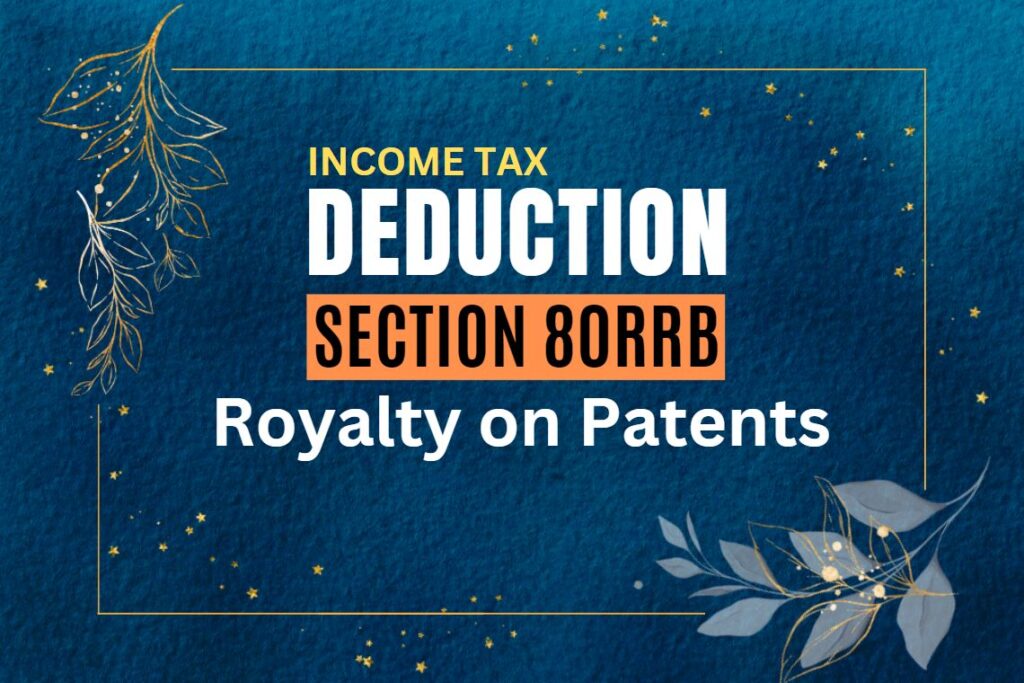With the increasing concerns about climate change and the need to reduce pollution, there has been a growing interest in electric vehicles (EVs) as an eco-friendly alternative to traditional gasoline-powered cars. In order to incentivize the adoption of EVs in India, the Income Tax Act, 1961 introduced Section 80EEB, which provides a deduction in respect of the purchase of electric vehicles.
Section 80EEB of the Income Tax Act, 1961 allows individuals to claim a deduction of up to Rs. 1,50,000 on the interest paid on a loan taken for the purchase of an electric vehicle. This deduction is available for loans taken from financial institutions between 1st April 2019 and 31st March 2023. It is important to note that this deduction is over and above the deduction available under Section 24(b) for interest on home loans.
Eligibility Criteria
In order to avail the deduction under Section 80EEB, the following conditions must be met:
- The loan must be taken from a financial institution, including a banking company or a non-banking financial company.
- The loan must be sanctioned between 1st April 2019 and 31st March 2023.
- The loan must be used for the purchase of an electric vehicle.
- The taxpayer must be an individual.
- The taxpayer should not own any other electric vehicle at the time of taking the loan.
Benefits of Section 80EEB
Section 80EEB offers several benefits to individuals who purchase electric vehicles. Some of the key benefits include:
Financial Incentive:
The deduction of up to Rs. 1,50,000 on the interest paid on the loan can significantly reduce the cost of purchasing an electric vehicle.
Lower Running Costs:
Electric vehicles are generally cheaper to run and maintain compared to traditional gasoline-powered cars. They require less frequent visits to the service station and have lower fuel costs.
Environmental Benefits:
By opting for an electric vehicle, individuals can contribute to reducing pollution and carbon emissions, thereby helping to combat climate change.
Deduction Amount:
- The maximum deduction available under Section 80EEB is Rs. 1,50,000.
- This deduction is for the interest paid on the loan taken to purchase the electric vehicle.
Loan Source:
The loan must be obtained from a financial institution or a non-banking financial company (NBFC).
Eligible Vehicles:
The deduction is available for interest on loans taken to purchase electric vehicles only. This includes electric cars, electric scooters, electric bikes, and other electric vehicles designed for personal use.
Documents required:
To claim the deduction under Section 80EEB, the individual must submit the following documents along with their income tax return:
- Proof of payment of interest on the loan.
- Certificate from the financial institution stating the amount of interest paid during the financial year.
- Registration certificate of the EV.
Carry Forward of Unclaimed Deduction:
If the entire deduction amount of Rs. 1,50,000 is not utilized in a particular financial year, the unclaimed deduction cannot be carried forward to the subsequent financial years.
Example:
Let’s say Mr. X has taken a loan of Rs. 10 lakh from a bank to purchase an EV. He is paying interest of Rs. 1 lakh per year on the loan.
Mr. X is eligible to claim a deduction of Rs. 1 lakh under Section 80EEB for the interest paid on the loan.
Important Points to Note
- The deduction under Section 80EEB is available over and above the deduction of Rs. 1.5 lakh under Section 80C.
- The deduction is available for the purchase of both new and used EVs.
- The deduction is not available for the purchase of EVs that are used for commercial purposes.
Section 80EEB of the Income Tax Act, 1961 provides a deduction in respect of the purchase of electric vehicles. This deduction aims to encourage individuals to switch to electric vehicles by making them more affordable. By availing this deduction, individuals not only enjoy financial benefits but also contribute towards a cleaner and greener environment. So, if you are planning to buy an electric vehicle, make sure to take advantage of this tax benefit and contribute to a sustainable future.
| For the purposes of this section,—
(a) “Electric Vehicle” means a vehicle which is powered exclusively by an electric motor whose traction energy is supplied exclusively by traction battery installed in the vehicle and has such electric regenerative braking system, which during braking provides for the conversion of vehicle kinetic energy into electrical energy; (b) “Financial Institution” means a banking company to which the Banking Regulation Act, 1949 applies, or any bank or banking institution referred to in section 51 of that Act and includes any deposit taking non-banking financial company or a systemically important non-deposit taking non-banking financial company as defined in clauses (e) and (g) of Explanation 4 to section 43B. |











